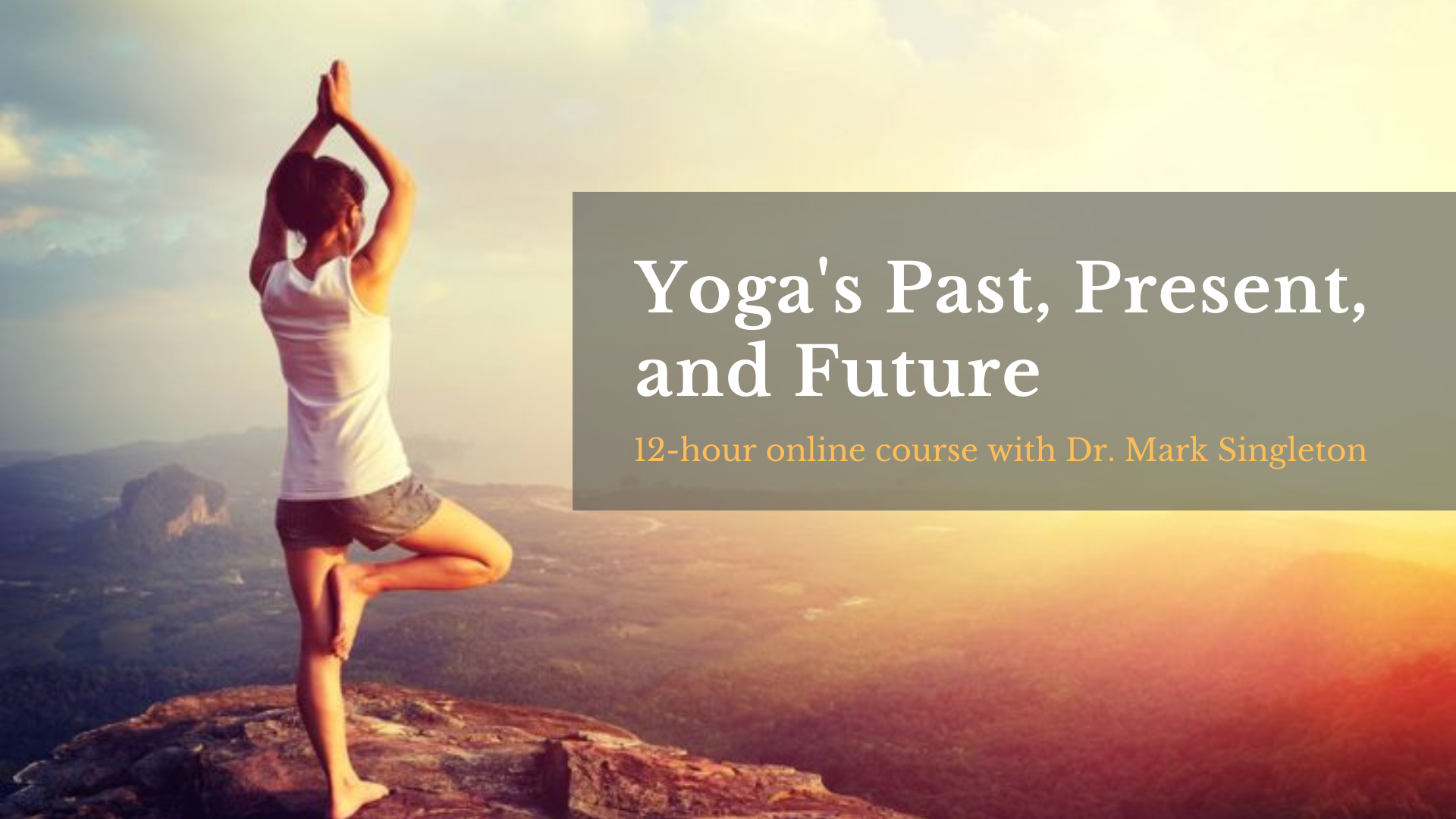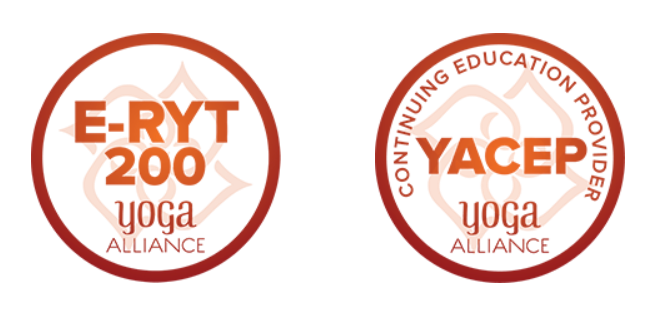
Course Description
What does it mean to practice yoga in the world today? In what ways has yoga been shaped by the global forces of modernity, and in what ways does it remain "traditional" or "authentic"? What does the future of yoga look like?
Yoga is changing. In its encounter with global modernity, relatively stable forms of practice and belief that have characterised yoga throughout its history are undergoing a revolution. In this online course we focus on some of the most important of these changes, beginning with the state of yoga immediately prior to the the "modern yoga renaissance" of the late-nineteenth century, and continuing with a reassessment of the history of āsana. What has been lost, and what gained, by yoga's popularisation? And what might a truly 'authentic' modern yoga look like?
In the second half of the course, we turn to yoga's long and tangled relationship with psychology. Psychology is at the heart of secularised spirituality today. How does yoga change when it is assimilated into psychology? What kinds of beliefs about human beings, ultimate values, and meaning in the world does it generate? Taking the example of the "dharma industry", we will consider the creation of a new kind of yogic subject in the world today. Finally, we look to the exponential rise of technology, and the way it is changing the culture of yoga around the world. Are we already cyborg yogis? Are technological advances in yoga practice compatible with the "traditional" goals of yoga? And what does this mean for the future of yoga? This broad-ranging examination of yoga's history draws on Dr. Mark Singleton's decades-long research, casting new light on what it means to practice yoga in the world today.

Course Modules
Module 1 — How did we get here? Yoga on the Cusp of Modernity
Module 2 — Transformations of the Yoga Body
Module 3 — Psychology, Spirituality, and 'Modern Dharma'
Module 4 — Futures of Yoga: Technology, Religion, and the Climate Crisis
Students Will Receive:
- 4 Pre-recorded Video + Audio lectures (90 min)
- 4 Pre-recorded Q&A sessions (90 min)
- 4 ACP Credits
- 12 Hours of CE credit with YA
- Course Syllabus (PDF)
- Weekly Readings (PDF)
- 4 Multiple Choice Quizzes
- Yogic Studies Certificate (PDF)
- Access to the private Community Forum
Dr. Mark Singleton
Senior Research Fellow, SOAS University of London
Dr. Mark Singleton specializes in the history of yoga in tradition and modernity. His groundbreaking scholarship has been instrumental in shaping the modern academic field of Yoga Studies. He is Senior Research Fellow at SOAS University of London, where he works on the Haṭha Yoga Project, a five-year research project mapping a thousand years of yoga history through texts and ethnography.
He is the author of Yoga Body: The Origins of Modern Posture Practice (2010), and co-author (with James Mallinson) of Roots of Yoga (2017). He has authored many articles and book chapters on yoga history, and has edited four volumes of yoga scholarship. He is currently working on a book project on the relationship between Yoga and Technology.
This course is eligible for 12 hours of Continued Education (CE) credits with Yoga Alliance

Stay Informed
Sign up for the Yogic Studies mailing list to find out first about upcoming courses, podcast episodes, promotions, events, and the latest research delivered straight to your inbox.


